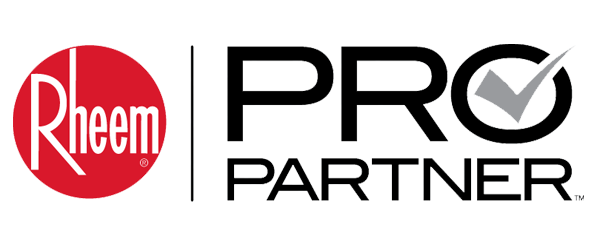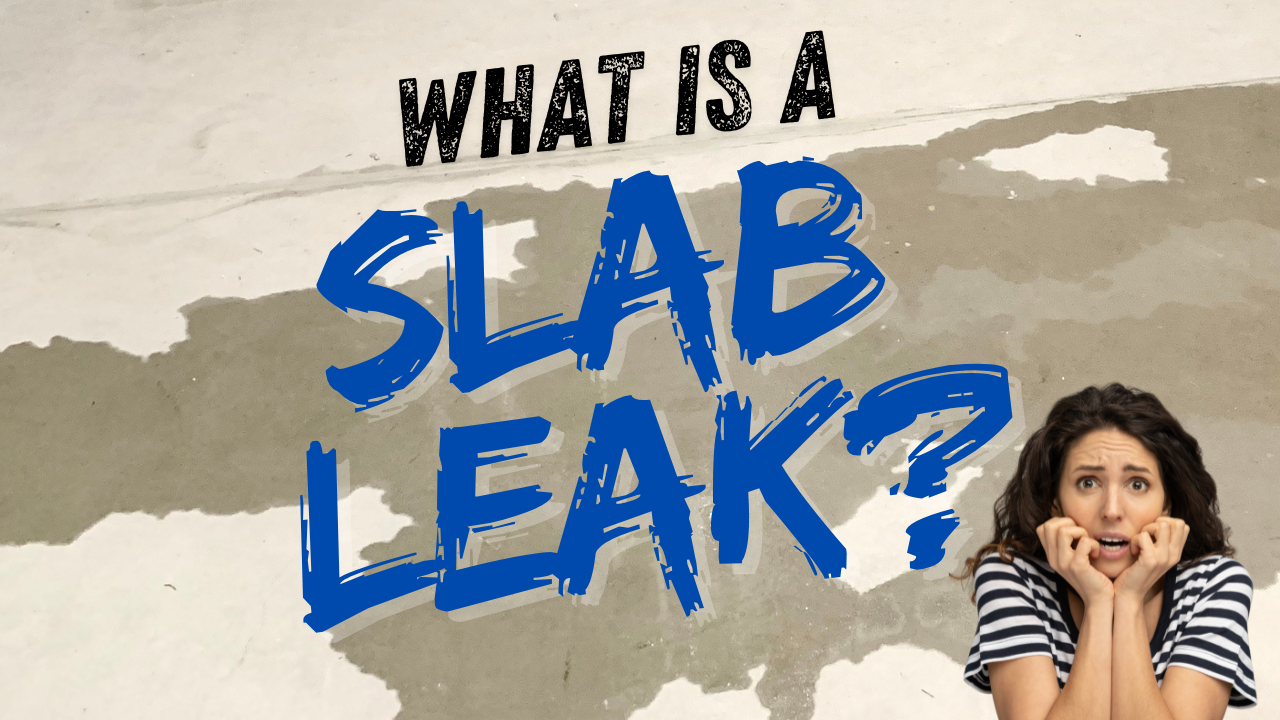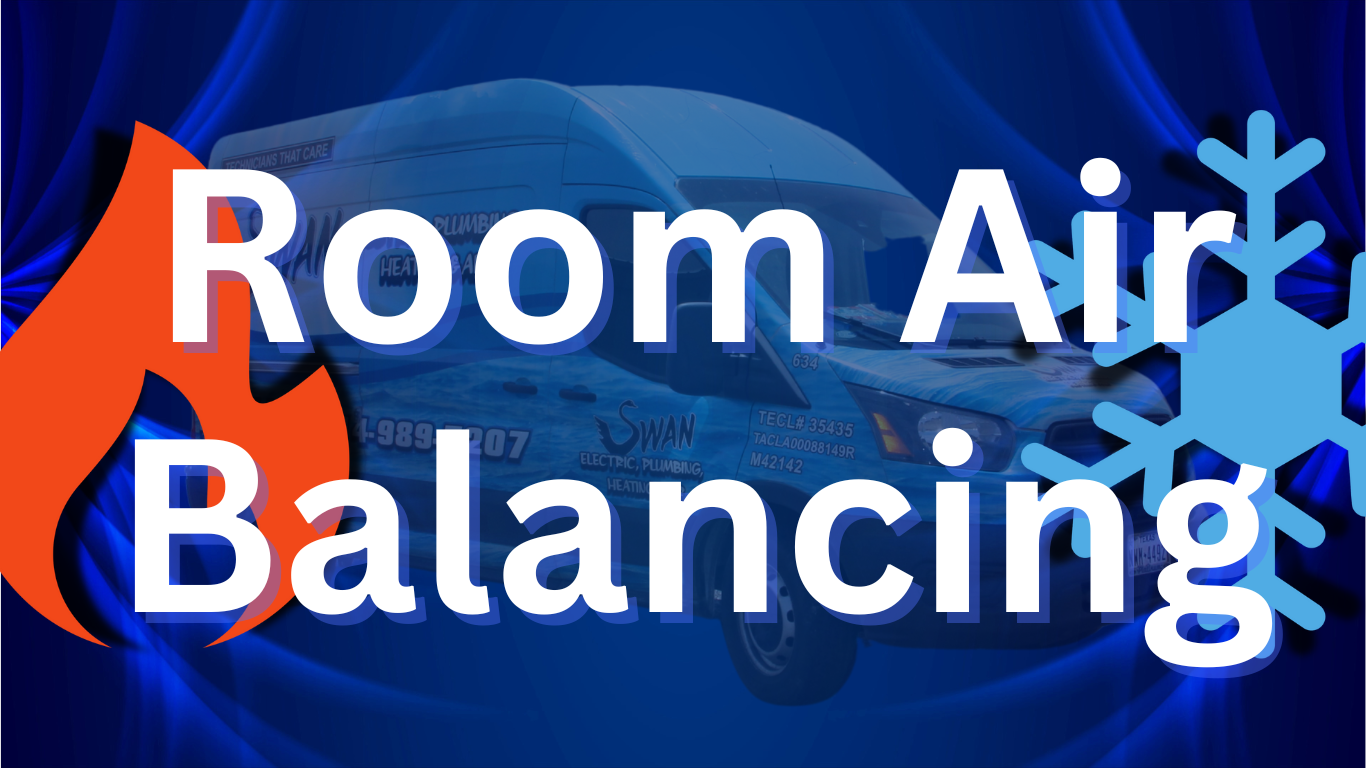How to Safely Detect a Gas Leak and Prevent any Dangers
Gas leaks can be dangerous, and it’s essential to know how to safely detect them. In this post, we’ll cover where gas leaks come from, why they’re dangerous, how to detect them, and what to do if you find one.
IMPORTANT: If you already detected a gas leak in your home, open all the windows, evacuate the building and please call your local fire department for assistance.
Where Do Gas Leaks Come From?
Gas leaks can come from a variety of sources, including faulty appliances, damaged gas lines, or poor installation. It’s important to know where your gas lines and appliances are located, so you can check them regularly for any signs of a gas leak.
Why Gas Leaks are Dangerous
Gas leaks are dangerous because they can lead to explosions, fires, and carbon monoxide poisoning. Even small leaks can be hazardous if they go undetected for long periods. It’s crucial to act quickly if you suspect a gas leak in your home.
How to Detect a Gas Leak
The most common sign of a gas leak is the smell of natural gas, which has a distinct sulfur-like odor. Other signs of a gas leak include hissing sounds near gas lines or appliances, dead plants or vegetation near gas lines, or bubbles in standing water.
How to Safely Check for a Gas Leak
To safely check for a gas leak, turn off all gas appliances and open windows and doors for ventilation. Avoid using any electrical switches, matches, or lighters, as they can create sparks and ignite the gas.
A gas leak detector is a device used to detect the presence of gas leaks in a home or building. It works by sensing the presence of certain gases in the air and sounding an alarm if levels exceed a safe threshold. Gas leak detectors can be installed in various areas of a home or building, including kitchens, bathrooms, basements, and utility rooms.
One common way to detect gas leaks is by using soapy water. If you suspect a gas leak, turn off all gas appliances, open windows and doors, and avoid using any electrical switches. Then, mix a solution of water and dish soap and apply it to the gas pipes, valves, and fittings. If there is a gas leak, bubbles will appear where the gas is escaping. This method is useful for detecting leaks in areas that are not covered by gas leak detectors or if you suspect a gas leak and do not have a detector on hand.
Causes of A Gas Leak
Gas leaks can be caused by a variety of factors, including poor maintenance, old or faulty appliances, and damage to gas lines due to weather, corrosion, or other external factors. Regular maintenance and inspection of your gas appliances and lines can help prevent gas leaks from occurring.
Common causes:
- Stove or oven burner left on unignited
- Malfunctioning gas appliances such as a furnace, water heater, or stove
- Damaged or corroded gas lines or fittings
- Improperly installed or maintained gas appliances
- Cracked or damaged gas valves or regulators
- Natural disasters such as earthquakes or floods that damage gas lines
- Excavation or construction damage to underground gas lines
- Accidentally puncturing a gas line during home renovation projects
- Tampering with gas lines or appliances by unauthorized personnel
- Poor ventilation in areas with gas appliances leading to a buildup of gas
What to Do If You Detect a Gas Leak
If you detect a gas leak, leave the area immediately and call your gas company or a licensed professional. Do not use any electrical devices or create any sparks, as they can ignite the gas. If you suspect a gas leak, it’s better to be safe than sorry and call for professional help.
How to Prevent Gas Leaks
To prevent gas leaks, make sure to have your gas appliances and lines inspected regularly by a licensed professional. Keep combustible materials away from gas appliances and never use them to heat your home. Install carbon monoxide detectors near gas appliances and in sleeping areas to alert you to any potential dangers.
Some Common Gas Appliances
Common gas appliances in homes include furnaces, water heaters, stoves, dryers, and fireplaces. Make sure to have these appliances inspected regularly and follow all manufacturer’s instructions for safe use.
Who to Call If You Fear There Is a Gas Leak
If you fear there is a gas leak in your home, please call your local fire department. Call our licensed professionals at Swan Electric, Plumbing, Heating, and Air immediately to prevent any future dangers. They will be able to detect and repair gas leaks safely and effectively.
In conclusion, detecting a gas leak can be a matter of life and death . Knowing how to safely detect and check for a gas leak can help prevent dangerous situations and keep your family safe. Regular maintenance and inspection of gas appliances and lines can also help prevent gas leaks from occurring in the first place. Stay safe and be vigilant about gas leaks in your home.
Check out our Google Reviews!

Have a question?
Fill in the form below and we'll get back to you as soon as possible.
You might also like
Share
SWAN ELECTRIC, PLUMBING, HEATING & AIR
Swan Plumbing Heating & Air (Swan Electric, Plumbing, Heating & Air), 309 US Highway 80 E Sunnyvale, TX 75150 USA
OUR LICENSES
M42142
TACLA00148000E
TECL 35435
QUICK LINKS
All Rights Reserved | Swan Electric, Plumbing, Heating & Air






